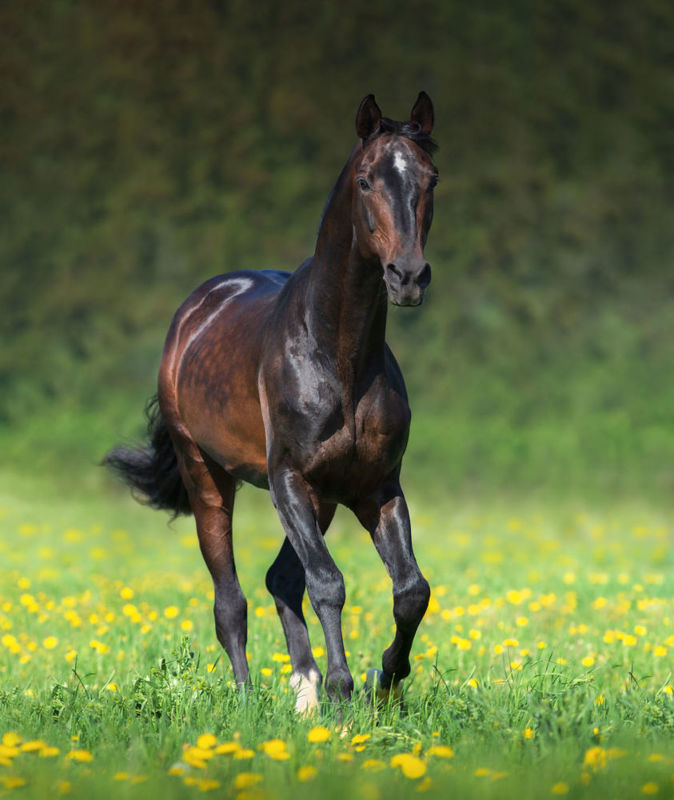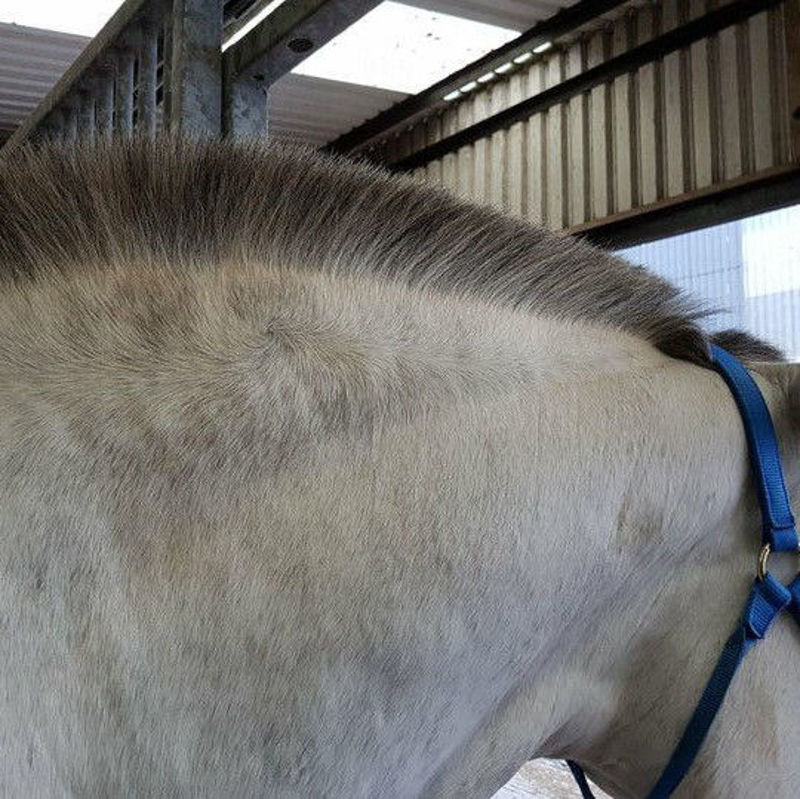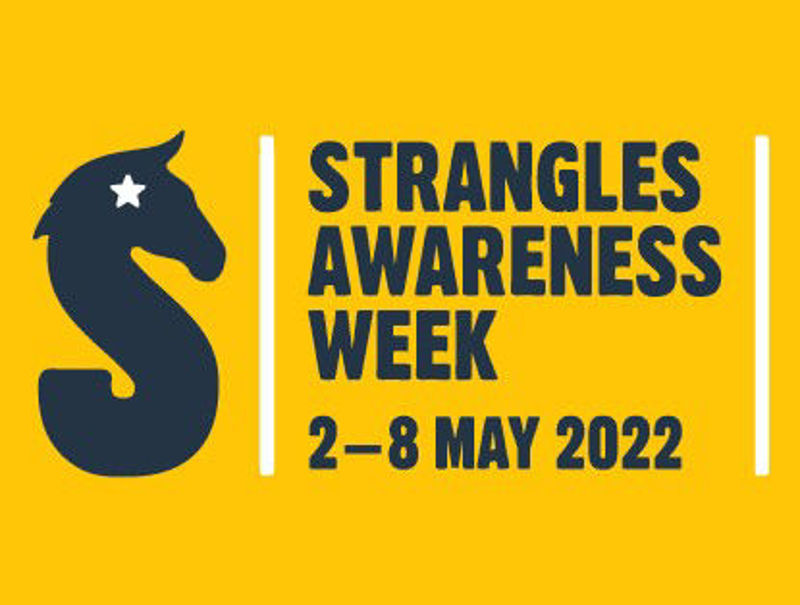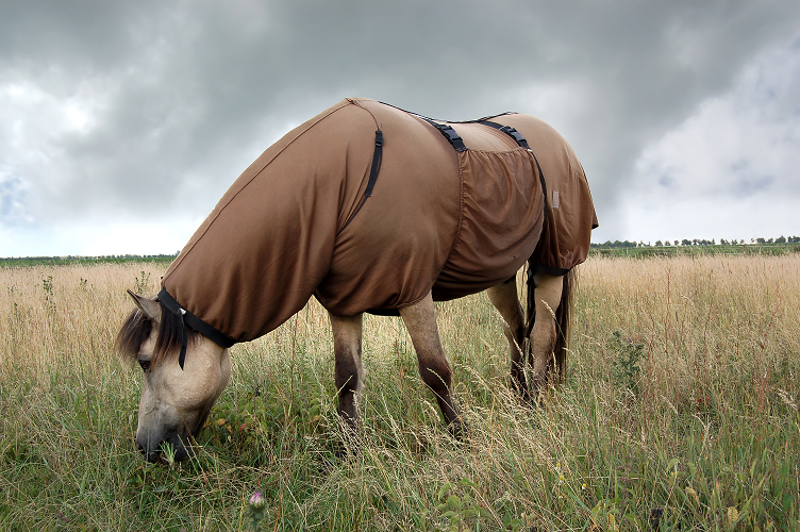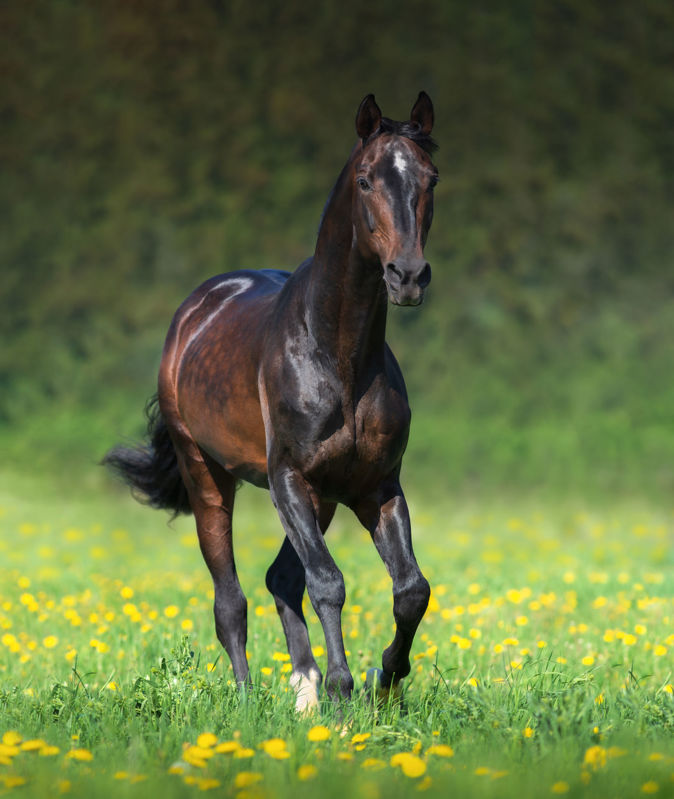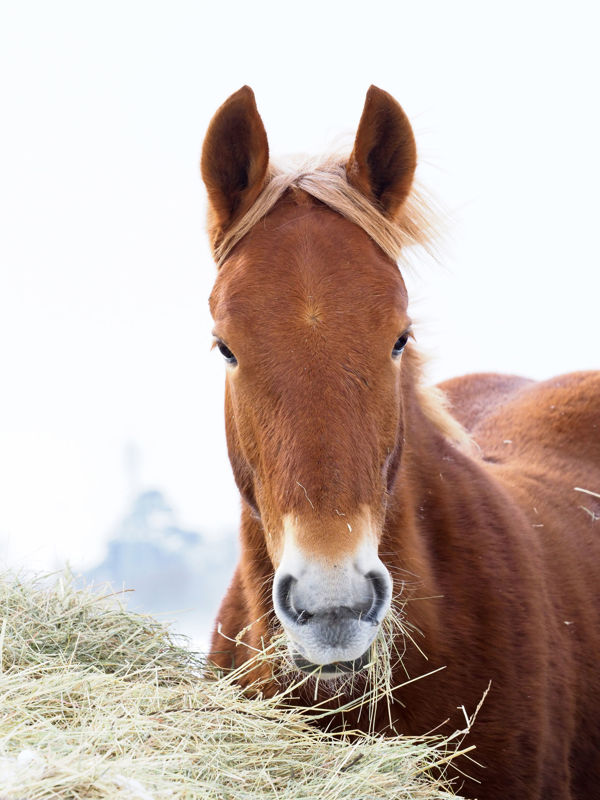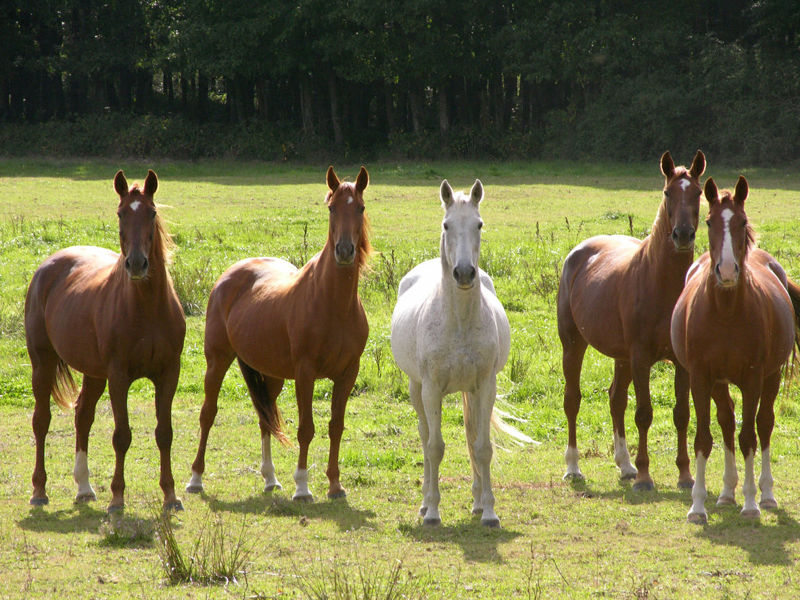One question we often get asked is if our products are permitted in competition. In this article we answer the question and take a look at the prohibited substances and how we can reduce the risk of our horses consuming them.
Horses are seasonal breeders and the breeding season for horses in the northern hemisphere generally lasts from April to October. Anouk Frieling, MSc Equine Sciences, BSc (Hons), discusses the nutrition of the stallion...
In issue 4 of The Journal for Equine Nutrition, guest contributor Alison Morris takes an in-depth look at Equine Metabolic Syndrome, the risk factors associated with it and how horses with this condition can be managed.
Feedmark's Senior Nutritionist, Anouk Frieling, looks at Vitamin E, its many important roles within the body and what happens when there is a Vitamin E deficiency.
Strangles is a common disease that affects equines all over the world. For Strangles Awareness Week 2022, Dr. Wood looks into the symptoms, treatment and prevention...
Feedmark's Assistant Nutritionist, Rebecca Allan, looks at the cause, diagnosis and treatment of sweet itch, a common seasonal allergic condition that affects a wide range of horses and ponies.
Horses are seasonal breeders and the breeding season for horses in the northern hemisphere generally lasts from April to October. Anouk Frieling, MSc Equine Sciences, BSc (Hons), discusses the nutrition of the stallion...
Winter conditions vary dramatically between various regions, as does the tolerance of individual horses to changes in temperature, precipitation, and wind. Rebecca Allan gives an insight into thermoregulation and the horse's requirements.
Feeding horses seems to have become a complicated business. This short article written by Dr. Stephanie Wood outlines the key points to consider when deciding what to feed your horse and in what quantities...
Andrew Peffers BVetMed Cert AVP (Equine Dentistry) BAEDT MRCVS takes an in-depth look at some dental diseases affecting horses, and explains why regular dental care is so important.


